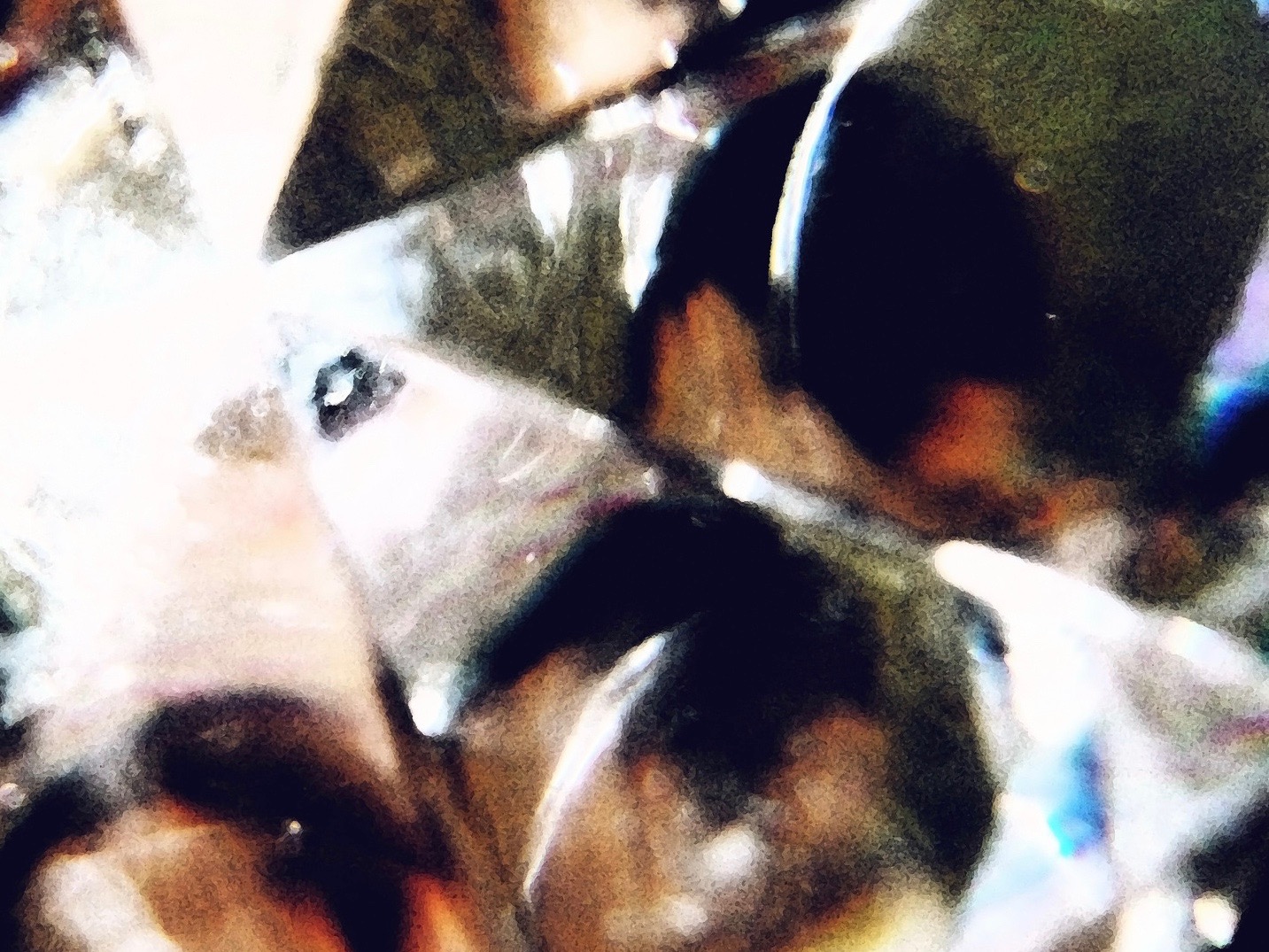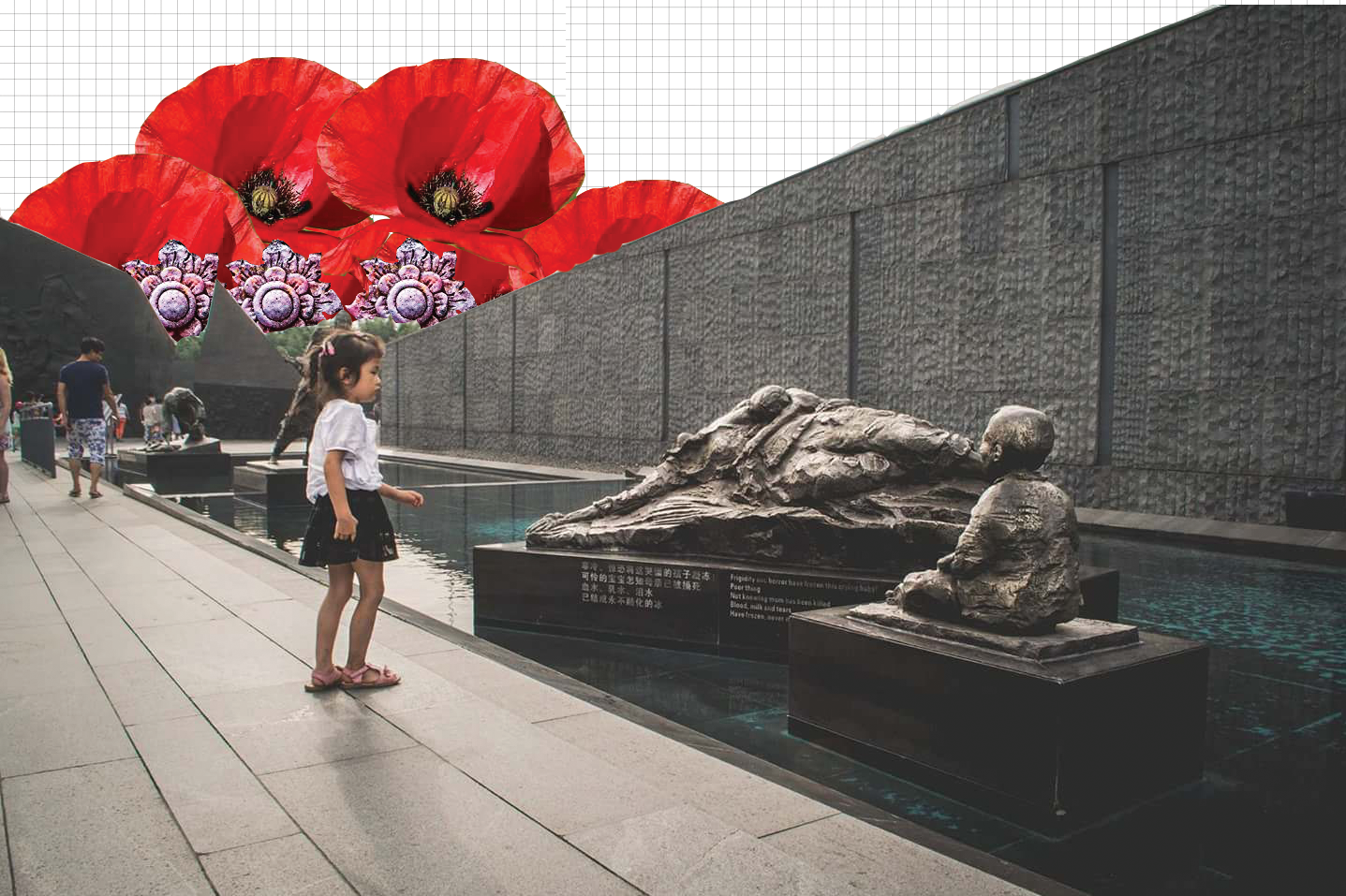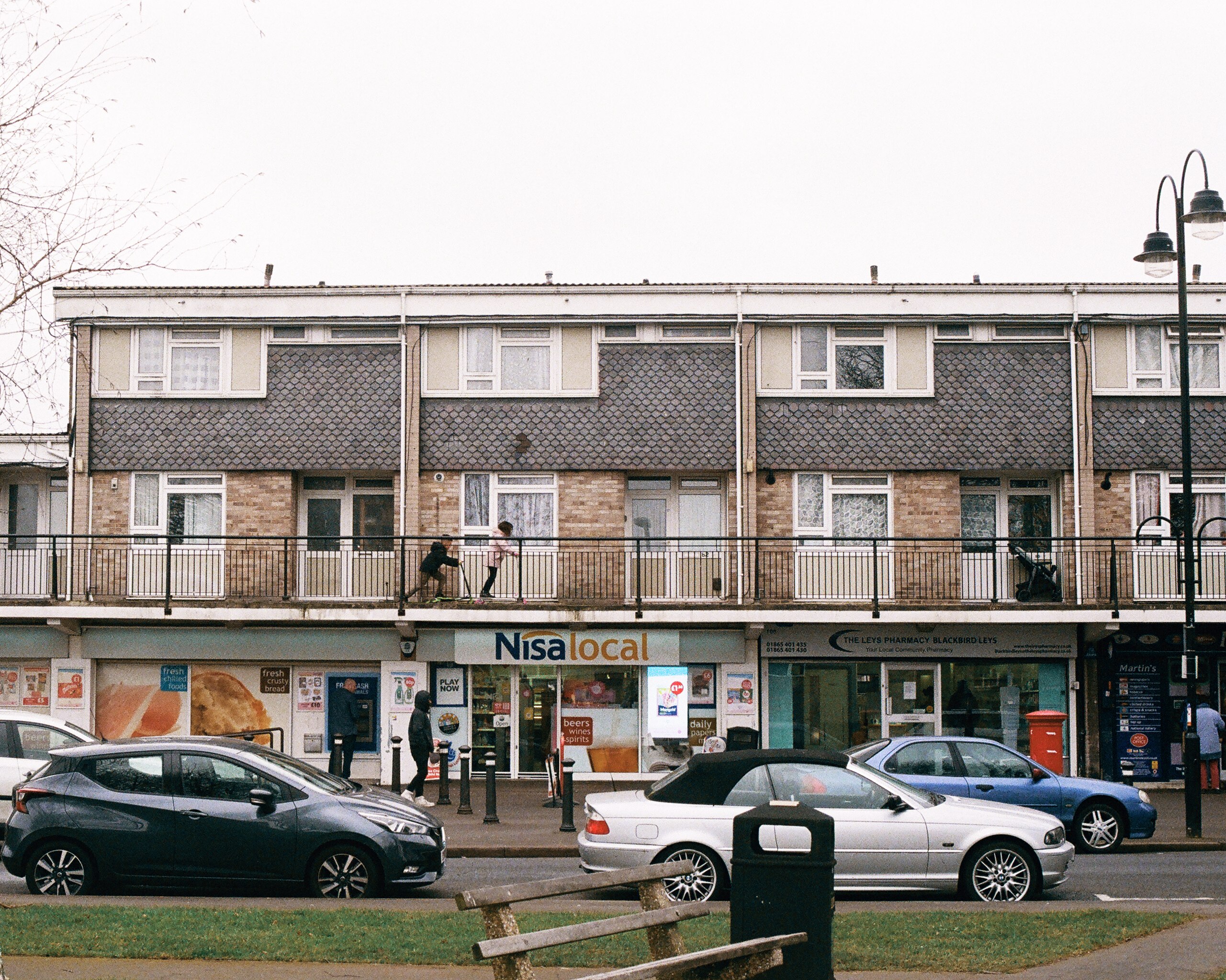
The Aubervilliers teacher
In Japanese anime, there is a series called Paranoia Agent. The story, insofar as there is one, is about a woman named Tsukiko, who invents a story about being attacked by an assailant wielding a baseball bat. Through a combination of copycat attacks and prevalent hysteria, the imagined assailant mushrooms—quite literally, since this is anime—into a very real super-villain.
Just days after the self-proclaimed Islamic State’s French magazine published an injunction to kill French teachers as promoters of secularism, a teacher in the Paris suburb of Aubervilliers reported being stabbed. His assailant, he said, was armed with a box-cutter and invoked the Islamic State as he carried out his attack. When he was taken in for questioning, he confessed that he had invented the attack.
I thought of Paranoia Agent when I read about the Aubervilliers teacher. Admittedly, there’s not the most obvious parallel. But the anime series was on my mind: it’s bizarre and cerebral, and it engages with troubling underlying themes of the nature of victimhood. Almost exactly one month after the November terror in Paris, the threat of extreme violence is obviously very real. But the phantom assailant remains elusive, a dark outline that strays easily into caricature. Mass hysteria, like paranoia, is defined not so much by fear as by a need to be caught up in the spiral of events, to be personally affected by them. The personal nature of the mass response to the events in Paris was made most explicit in January’s slogan, “Je suis Charlie”, but was echoed in the red and blue striped profile pictures that still decorate Facebook. Clicktivist empathy it may be, but it is still empathy, a way of identifying yourself with the victims. If nationalism is essentially a means of extended self-identification, there are few things more unifying than national victimhood.
This became evident to me this summer when I was staying with a family in the Gers region near Toulouse. Besides being wonderful cooks and very welcoming hosts, they were also devoutly religious and virulently islamophobic. Over dinner conversations, I learned that a mosque had just been burned to the ground in nearby Auch, in an unsolvable case of arson. My host family was more distressed by the fundraiser to help rebuild the mosque than anything else—and by the fact that people they knew had donated. The Catholic churches needed money, they said, and where you chose to donate was a clear delimitation, a line in the sand. Either you stood with us under fire, or you stood with them.
No information has been released on the Aubervilliers teacher’s motives, and, anyway, it is always difficult to really get to the bottom of someone’s motives. It might not actually make any difference. Somehow, in the spiral of terror that has gripped France this year, national identity has become associated with victimhood. As destructive as it may be to all the many victims of the different attacks, this identity represents a unifying front against a looming fear of otherness. In some perverse way, the Aubervilliers teacher’s act seems to suggest, being a victim of IS makes you more French.
At the end of Paranoia Agent, one of the characters emerges from the subway after the final showdown to find the city crushed and littered with bodies. “It’s exactly like after the war,” he exclaims, suggesting a deeper allegory about the identity of a traumatized nation and its relationship to victimhood.
Image by alainalele







